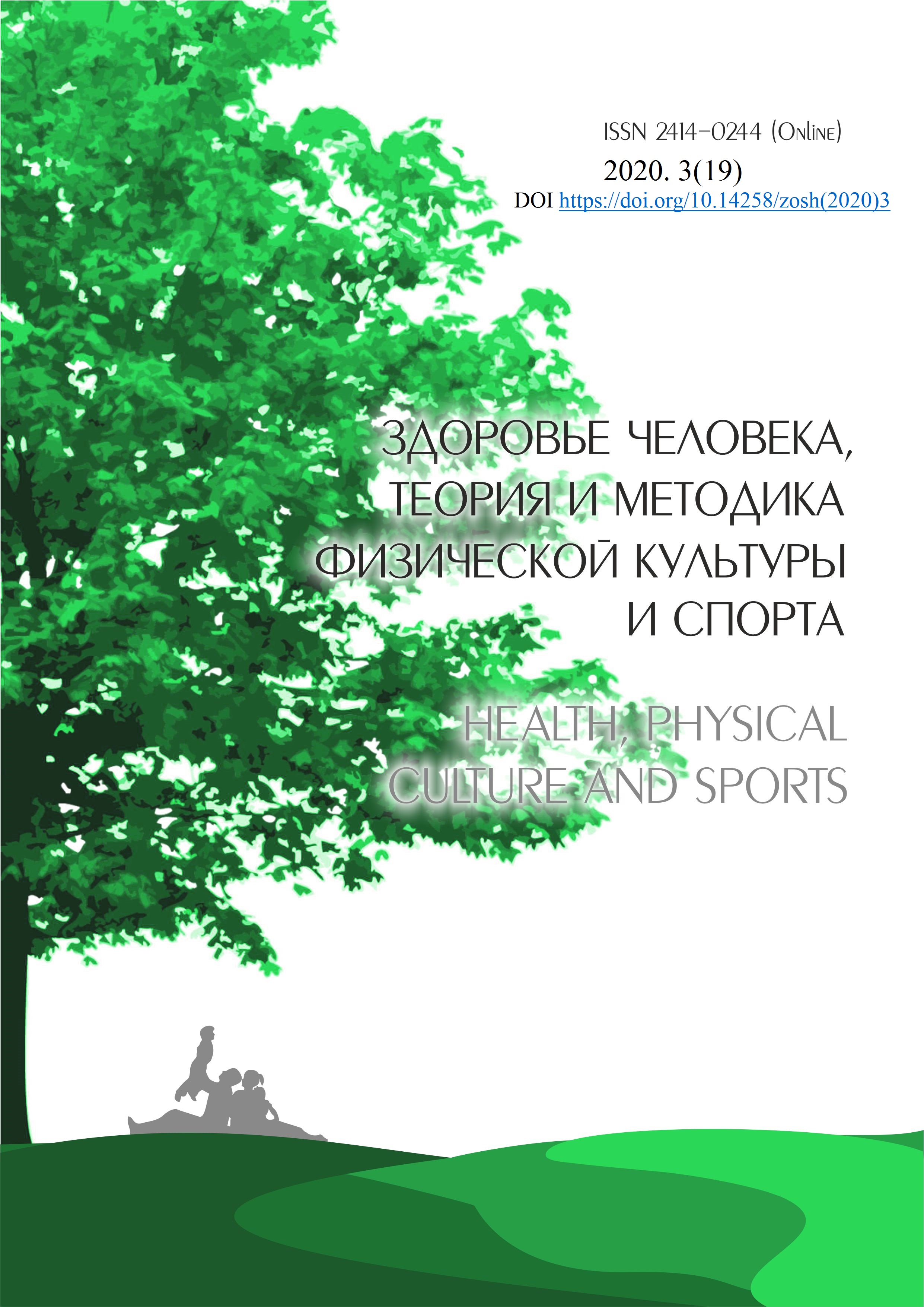Children's rooms training sessions in terms of quarantine.
Abstract
From March 2020 in Russia because of coronavirus pandemics schools were closed, universities and colleges, next came steel close kindergartens and sports clubs sections for children. Educational programs institutions we were forced to go to remote control training. Athletes I was lucky in that a little less. Moved competition schedule and broke down training module the process. Coaches, to somehow support progress pupils, gone online training sessions. Purpose of work: find out from different coaches types of sports, how do they cope with a quarantine. Methods: a survey and analysis.
Downloads
References
2. Сайт «Forbes.ru». https://www.forbes.ru/biznes/399515-mamy-v-vostorge-kak-chastnye-detskie-sady-i-sportivnye-sekcii-podstroilis-pod
3. Сайт «Коммерсантъ». https://www.kommersant.ru/doc/4344001
4. Официальный сайт Министерства Спорта Российской Федерации. https://www.minsport.gov.ru/press-centre/news/34781/
5. Сайт «Lenta.ru». https://lenta.ru/brief/2020/06/01/progulki/
6. Сайт «Алтайский спорт». http://www.altaisport.ru/post/21872
7. Официальный сайт Алтайского края. https://www.altairegion22.ru/region_news/gubernator-kraya-viktor-tomenko-vvodit-v-regione-pervyi-etap-snyatiya-ogranichenii_860172.html
8. Фото: личные архивы тренеров.
An author should not normally publish manuscripts describing essentially the same research in multiple journals or publication venues. Such redundant publication is generally considered to constitute unethical publishing behavior, and if discovered may result in a manuscript under consideration being rejected, or a published article being retracted.
Authors of manuscripts reporting on original research should present an accurate account of the work performed, accompanied by an objective discussion of its significance. Underlying data should be represented accurately in the manuscript. The manuscript should contain sufficient detail and references to permit others to replicate the work. The fabrication of results and the making of fraudulent or knowingly inaccurate statements constitute unethical behavior and may be cause for rejection or retraction of a manuscript or published article.





